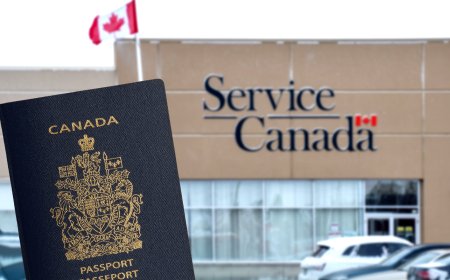Canada Student Visas: What's Changed in 2024 and How It Affects You
Studying in Canada in 2024 presents a host of new regulations affecting international students study, work, and settlement prospects in Maple Country.
One of the notable updates involves the extension of post-study work visas for master's program students to three years. This unexpected development in Canada's immigration policies for 2024 has stirred curiosity and raised numerous inquiries among prospective global students. Questions range from eligibility concerns for Indian students to the success rates of securing a Canadian study visa this year.
These new regulations are poised to significantly influence a large portion of the student population. Understanding the latest updates from Immigration, Refugees, and Citizenship Canada (IRCC) regarding study visas in Canada for 2024 is crucial for prospective applicants.
Under the new rules, many aspiring Canada student visa applicants must now include a Provincial Attestation Letter (PAL) with their submissions. Failure to provide this document could lead to the rejection of the application, particularly for those seeking undergraduate or graduate diploma/certificate programs.
However, there's a silver lining for Indian students intending to pursue master's or doctoral programs, as they are currently exempt from submitting a Provincial Attestation Letter.
While these updates may cause apprehension among those aspiring to study in Canada, they also bring positive news. Specifically, students planning to pursue a master's program in 2024 can now benefit from a three-year extension to their post-study work visa. This extension allows graduates ample time to gain valuable work experience and explore settlement opportunities in Canada post-education.
The attractiveness of the post-study work visa remains a significant incentive for foreign students considering Canada as their study destination. However, it's essential to note that eligibility for this visa is tied to specific program and institution criteria. Thus, students with settlement ambitions should opt for programs and institutions that align with these requirements.
Moreover, changes in Canadian immigration policies for 2024 also impact spouses of study visa holders. Spouses seeking open work permits must now consider the level of the student's chosen program. Only those enrolled in master's or doctoral programs can support their partner's application for a Canadian student spouse visa.
Overall, the IRCC updates for international students are expected to reshape the landscape of studying in Canada. While enrollment rates may see a decline in 2024, it's still feasible for aspiring students to navigate the application process successfully by adhering to the latest regulations and requirements.
What's Your Reaction?
 Like
0
Like
0
 Dislike
0
Dislike
0
 Love
0
Love
0
 Funny
0
Funny
0
 Angry
0
Angry
0
 Sad
0
Sad
0
 Wow
0
Wow
0






































































